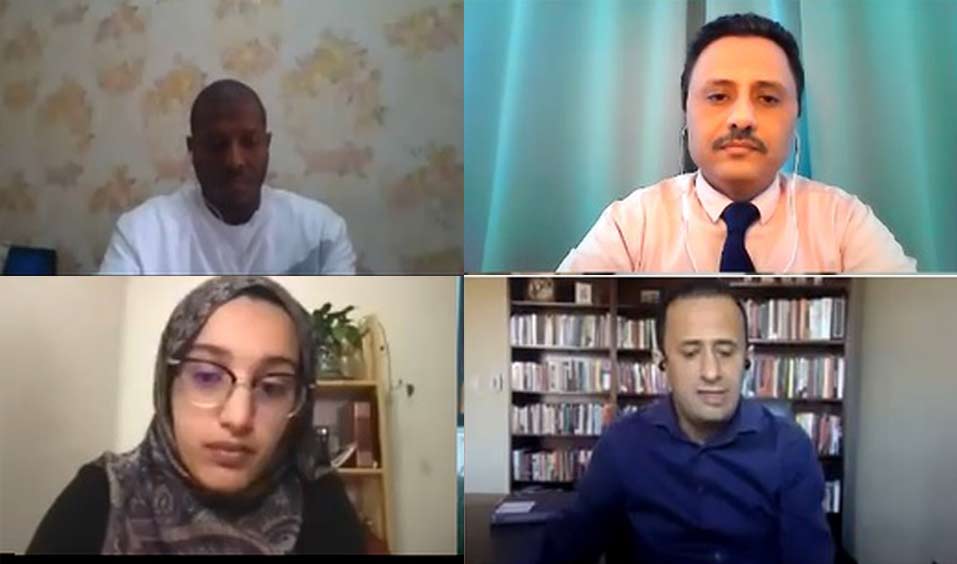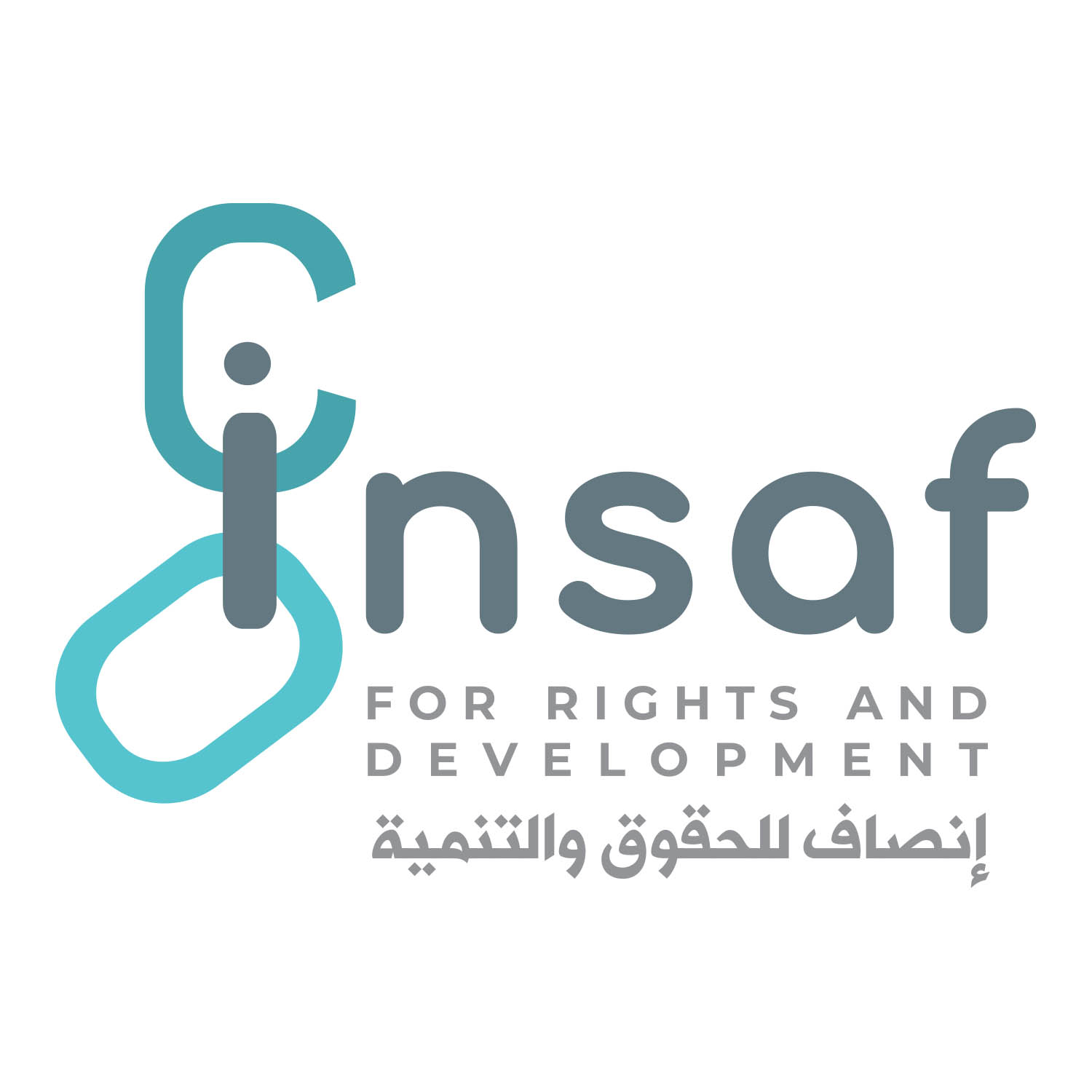
INSAF Center for Defending Freedoms & Minorities, through its cooperation with the Association of Yemeni Academics & Professionals (AYAP), organized a seminar via Zoom entitled: “Marginalization in Yemen Between History and Reality” with the participation of three members of the Center, in which they discussed marginalization in Yemen and how it plays a pivotal role in discrimination against minorities.
With the remarkable attendance of Yemeni academics and researchers from around the world, Dr. Walid Mahdi, professor of Arab-American cultural relations at the University of Oklahoma, USA, moderated this symposium, indicating the role in which researchers and those interested should approach societal issues that directly and decisively affect Our reality.
Gokha Amin, secretary member of INSAF Center and a doctoral student at the University of California, Santa Barbara, USA, was the first to speak. In her presentation, she addressed an important part of her doctoral thesis research, dealing with the historical context of the Yemeni identity issue and its relationship to the issue of marginalization of minorities. Specifically, how did we arrive at a perception through which the meaning of “Yemeni citizenship” was redefined and ethnically inconsistent with the openness of the Yemeni people throughout history and their intertwining with the cultures and people of the greater Indian Ocean, including East African countries, South Asian countries, as well as southeast Asian countries. In Jokha’s opinion, one of the turning points in the Yemeni discourse related to the Yemeni identity was to strictly view Yemen in the context of only the Arab and Middle Eastern surroundings, while neglecting Yemen in relation to the cultures and peoples of the greater Indian Ocean. In order to focus on these dimensions, we shall shed light in particular on the context of ethnic minorities, specifically the mestizos and the black marginalized in Yemen.
Dr. Mohammad al-Mahfali, Executive Director of INSAF Center and a member of the AYAP Association, presented his paper which dealt with centralization and its relationship to marginalization in Yemen, beginning with studying the concept of centralization in its political aspect and dealing with the risks it reflects on various other aspects such as development and culture, by creating marginalized areas or marginalized groups which then leads to conflict and violence. He also touched on the aspect of hierarchy in society and the relationship of centralism in making this hierarchy and how it is reflected in deepening marginalization. Additionally, Dr. Mohammed’s paper dealt with cultural marginalization and a number of its negative manifestations and consequences on society. The most important of which is the absence of cultural pluralism, the refusal to accept others, and ending in dealing with the issue of the marginalized in Yemen as a vivid example of all other forms of marginalization.
The last paper was presented by the researcher at INSAF Center, Mr. Mahmoud Rizkallah Bahkal, which dealt with racism and its close relationship with marginalization, by first introducing racism, then examining the Yemeni model of racism, its manifestations, and types, while mentioning sources that feed racism, and the causes that have produced it in Yemeni society. He reviewed some racist behaviors against minorities and how they led to the emergence of marginalized societies, or groups suffering from marginalization, concluding his paper with several important recommendations such as the necessity of criminalizing racism, drafting clear laws on this matter, and raising awareness in society of its dangers.



